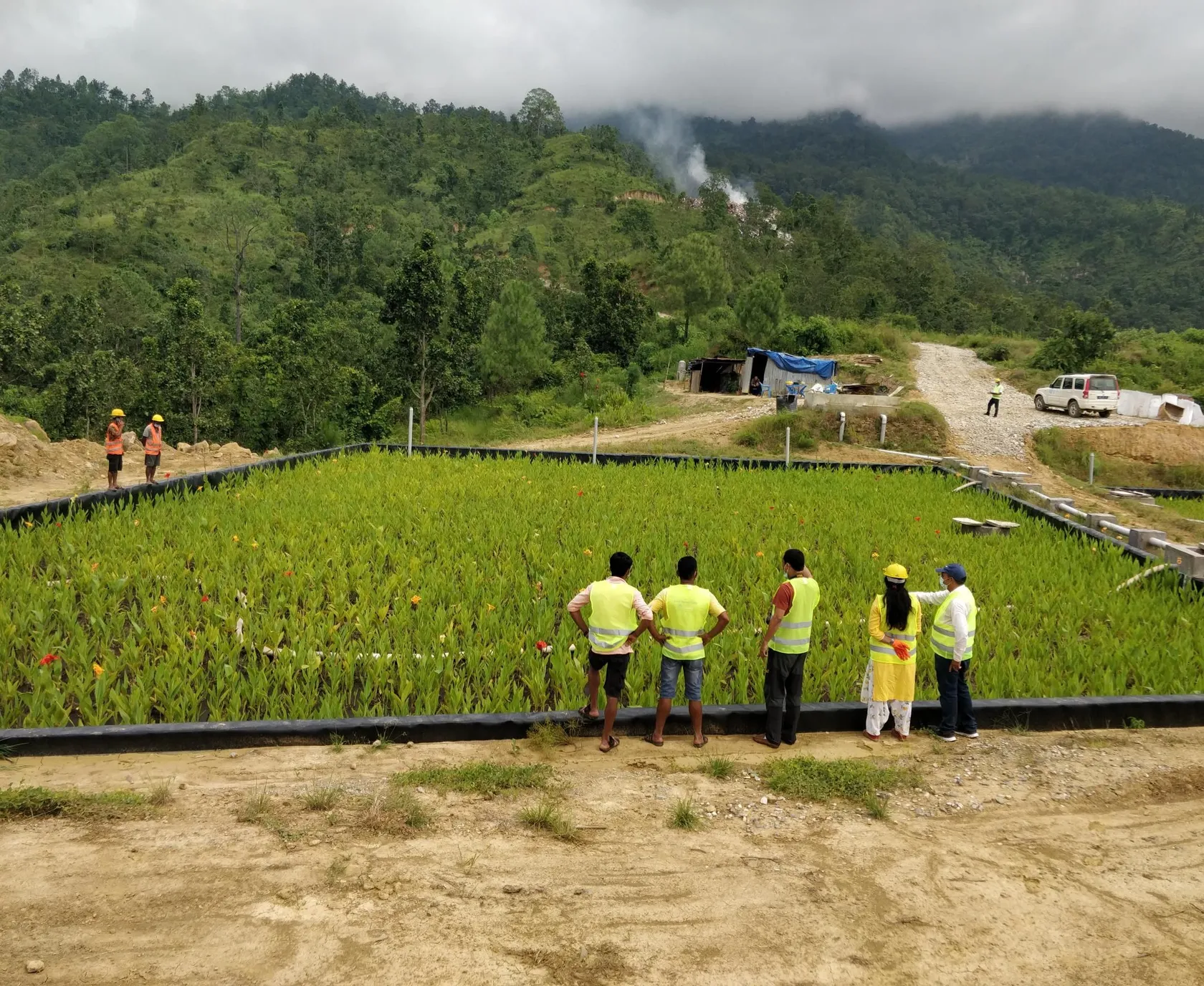
Transforming systems
Millions of people lack secure access to food, energy, and water. To counter this, we need to pursue a level of change that addresses the root causes of poverty and inequality rather than just treating symptoms.
Today's problems are not just technical puzzles but complex systemic challenges. We must strive for systems transformation that goes beyond surface solutions and fighting symptoms, looking beyond project boundaries.
Millions of people lack secure access to food, energy, and water. To counter this, we need to pursue a level of change that addresses the root causes of poverty and inequality rather than just treating symptoms. We define this as systems transformation.
Contributing to systems transformation
To learn more about SNV's work in contributing to systems change.
True transformation is never just one change
True transformation starts with curiosity – asking why a problem persists. This requires sensitivity to the local context, power dynamics, and stakeholder relationships. By being deeply rooted in the countries where we work, we have developed a solid understanding of and strong relationships with these stakeholders. We partner with them to envision outcomes and processes for change, recognising that change must be locally led.
That is why we facilitate inclusive and collaborative processes at different levels linking needs to opportunities, delivering outcomes, and enabling conditions for impact. We work with a wide range of system actors, blending their capacities, knowledge, and innovations with our own to craft approaches that catalyse change. We see this as an iterative process, pursuing multiple options and continually reflecting, learning, and adapting with our partners.
Supporting systems transformation
Our aim is to deliver lasting change, achieve long-term results, and engage effectively with the community. We are committed to measuring, tracking, and better articulating our contribution to systems transformation across our work.
To contribute to holistic and inclusive change, we need to recognise and understand the policies, practices, mindsets, and power structures that underlie society's prevailing ways of operating.
Transformed systems can deliver food security and adequate nutrition, improved access to affordable and sustainable energy, and increased water security, ultimately contributing to more equitable lives for all.
2030 strategy
Systems transformation lies at the core of our 2030 Strategy and has remained central to our work over the past year. Across our portfolio of projects and programmes, we are committed to influencing and positively contributing to shaping policies, practices, resource flows, social norms, values, behaviours, and relationships. Most importantly, we recognise the centrality of power dynamics – the distribution of decision-making power, authority, and influence among individuals and organisations – as either a positive catalyst or a barrier to achieving the sustainable and more equitable lives we strive for.
Six dimensions of systems transformation
We address the structural barriers within systems that limit the freedom of all people to pursue their own sustainable development.
Across all of our work, we ensure that we can measure and articulate our contribution to systems transformation, tracking how our programme and influence impact positively on the six dimensions of:
Policies – government, institutional and organisational rules, regulations, and priorities.
Practices – activities of institutions, coalitions, and networks.
Resource flows are how money, people, knowledge, information, and other assets are distributed and allocated, along with the development of new inclusive markets.
Relationships and connections – quality of connections and communications among actors in the system.
Power dynamics – the distribution of decision-making power, authority, and influence among individuals and organisations.
Social norms, values, behaviours, and attitudes – beliefs, assumptions, and taken-for-granted ways of operating.

Enabling systems that function for all
Systems transformation is not achieved rapidly or easily. But through collaboration and coordination, it will enable us to be more effective across our sectors and our impact will better sustain and scale over time.



